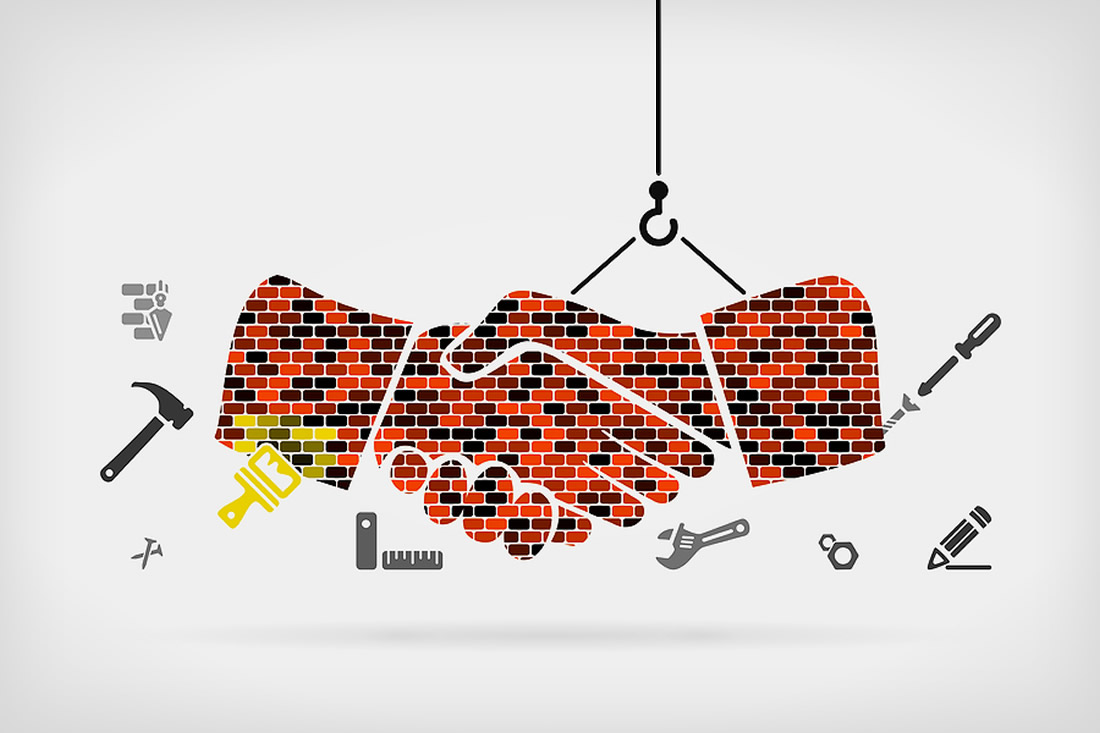5 Common Questions About Capital Campaign Feasibility Studies

If your nonprofit is thinking about launching a capital campaign, chances are you’ve heard of a feasibility study. Maybe you’re wondering if one is worth the time and effort, or how exactly it fits into your campaign plans.
These kinds of questions come up all the time in our work at Capital Campaign Pro, and for good reason. Feasibility studies can make or break a campaign.
Capital Campaign Feasibility Studies: Questions and Answers
Let’s clear up some common questions so you can decide how to move forward with confidence.
1. Is a Capital Campaign Feasibility Study REALLY necessary?
Technically, no, you could go ahead with a campaign without conducting one. But that doesn’t mean you should. A majority of the organizations who come to us for help with a sideways campaign have skipped a feasibility study.
A feasibility study is the only reliable way to figure out whether your fundraising goal is realistic. Without it, you’re guessing. And while many organizations are tempted to skip this step to save time or money, the truth is that the return on investment is significant.
It’s also one of the best ways to involve your biggest supporters early. A well-run feasibility study brings major donors into the conversation before the campaign even launches. That kind of early buy-in makes a difference.
In fact, based on the Capital Campaign Pro Annual Benchmark Study, organizations that conducted feasibility studies were twice as likely to report:
- Increased effectiveness among development staff
- Better fundraising systems created during the campaign
- Stronger relationships with major donors
If your campaign is important enough to consider, it’s important enough to validate.
2. Won’t we get better interview results if a third-party consultant interviews my donors?
This is a common argument made by consultants who want to run your study themselves. The idea is that donors will be more candid with an outsider. But there’s no evidence to support this, and plenty of reasons to consider handling the interviews yourself.
The reality is that you are often the best person to conduct these interviews. You already know your donors. You have relationships with them. And inviting them into a planning conversation shows you respect their input, not just their giving potential.
Far from being awkward or uncomfortable, these interviews can be a powerful relationship-building opportunity. When you sit down with a major donor to ask for feedback and listen carefully to what they share, you deepen the connection in a meaningful way.
A great campaign consultant will help you prepare for interviews, understand what questions to ask and how to ask them, collect data, and analyze the data for you. That’s the critical role an experienced consultant plays, even when your team conducts the interviews.
3. Do the results really matter? We have to do this project and raise this money regardless of what our donors advise.
You could take that approach, but it’s a gamble. The sheer act of doing a feasibility study often changes how donors relate to your case, which in turn sets you up for bigger asks.
If your feasibility study is conducted thoroughly, the findings are based on real conversations with real donors. It’s a reflection of actual interest, capacity, and support for your project. Ignoring those insights means you risk setting a goal that’s disconnected from your community’s willingness to give.
If the results indicate that your goal is out of reach, you can proactively look for alternative funding sources, including government grants, research financing options, and consider using reserves. A last resort is to scale back the project, but you’ll want that information before putting a shovel in the ground.
Campaigns that succeed align vision with reality. A feasibility study helps you do just that.
4. What’s the shelf life of a feasibility study?
This is a smart question. Timing matters, and feasibility studies don’t last forever.
The general rule is that your campaign should launch within six months of completing the study. But there are three key factors that can extend its usefulness:
- Is the project still the same?
If your project scope, goals, and purpose haven’t changed, the study is probably still relevant for up to a year. But if you’ve increased your goal, shifted your focus, or altered your case for support, that could reduce the reliability of the original feedback. - Is your core leadership team still in place?
If the executive director, development director, or board chair has changed since the study, you may have lost continuity with the donors who were engaged during that time. On the other hand, if your leadership team is stable, it helps preserve momentum and trust. - Have you stayed engaged with your donors?
Donors who participated in the study should be kept in the loop. If you’ve stayed connected through updates or meetings, their enthusiasm is likely still intact. But if communication has dropped off, you may need to re-engage them before launching the campaign.
Each of these three factors can extend the relevance of your study by about six months. If all three are solid, you could have up to 12 months of shelf life. But the more that changes, the sooner you’ll want to revisit your plans.
5. How do I know if I’m ready for a feasibility study?
There are a few signs to look for:
- You have a clear project plan.
You don’t need every detail nailed down, but you should have a defined purpose, an estimated cost, and a compelling reason for the campaign. Vague ideas won’t resonate with donors or produce useful feedback. - Your board is on board.
Your board doesn’t need to be made up of fundraising pros, but they should be committed to the campaign’s success. That means showing up, speaking out, and being willing to help in ways that fit their strengths. - You have relationships to draw from.
You’ll need a pool of supporters to interview, especially those who might consider a top gift (one of the top 20 gifts to the campaign). If you already have a functioning major gifts program or list of top prospects, you’re in good shape.
If those pieces are in place, a feasibility study can help you pressure-test your ideas, build early support, and set your campaign up for success.
Turning Proper Planning Into Campaign Success
A capital campaign is a big step for any organization. A well-planned feasibility study doesn’t just answer questions; it helps you ask the right ones in the first place. Whether you’re just starting to think about a campaign or already laying the groundwork, don’t underestimate the value of proper planning.
Your donors will thank you for it, and so will your future self.
Free Download: Ultimate Guide to Feasibility Studies
This comprehensive guide will show you the ins and outs of conducting a feasibility study for your capital campaign.



Leave a Comment